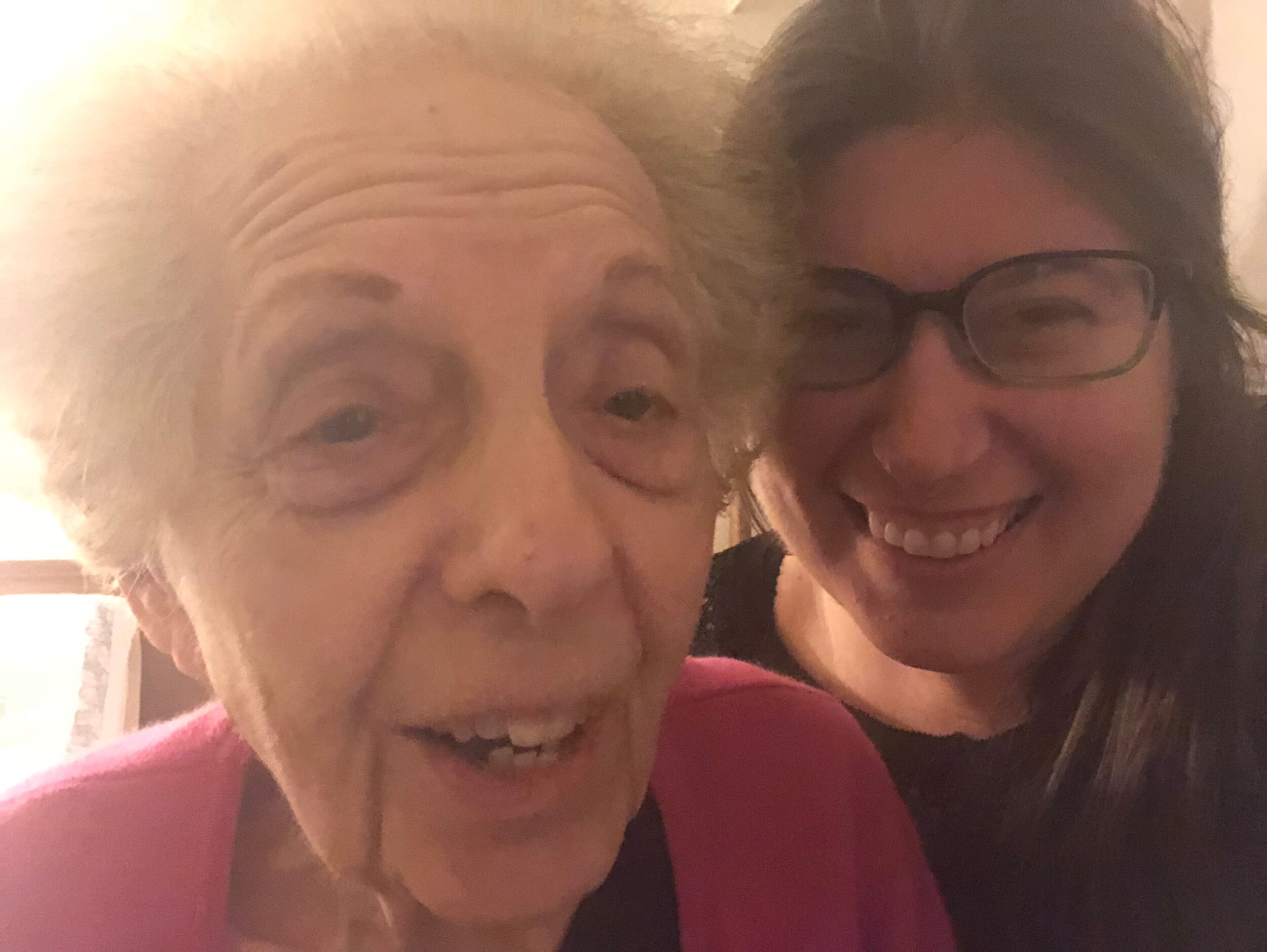Watching the sun rise over the valley from Mount Batur in Bali
What the World Needs More of…Love
The conversation started about a year ago, in an ordinary restaurant in Lower Manhattan. I was at a dinner party with an interesting array of entrepreneurs and artists, and as usual, eschewed the best practice of looking people up to know who they are ahead of time. I’m more in favor of seeing who I genuinely like to have a conversation with, and letting interests emerge through good old fashioned curiosity.
I had a memorable conversation with a photographer who was planning to be immersed in a lion’s den in a lion-tooth-proof suit (fingers crossed). Later in the night, as people moved chairs, I struck up conversation with a man from Florida. He knew about my field, organizational psychology and personal development, so it was a fun conversation. We talked about South Africa where I had just been, forgiveness practice, and then got into the subject of family.
We were on. His father had overcome a lot of adversity. My father had a lot of adversity in his life, but I’m not he sure overcame it. I wanted to understand the difference between our fathers. What makes the phoenix rise? He said that his father made a very dedicated study of personal transformation. He decided at a young age that he was going to learn and study how to be your best, and he made this his quest.
Maybe my father is on a quest - I’m not really sure. We haven’t been in touch in years.
My quest is love - self-love and love of others as we really truly magnificently are.
After dinner and over peach shopping later that night, my then-girlfriend told me that this guy’s father was Tony Robbins.
A few days later, Jairek asked me to be on his podcast.
We talk about love, connection, understanding people, moments of quiet, awe, and my greatest fear. I shared some of the experiences that shaped my values and my life.
My business is my self-expression – it comes from the story of my life – what has mattered to me, the transformational moments, the highs and the lows, the decisions that have led to a cascade of change and growth.
My invitation to you
What’s your story? It’s the story that is deeply you – the major influences in your life and how that has shaped your values and what matters deeply. Often, your story is shaped by challenge. Often, it is shaped by awareness of contrast and difference. It can be a quiet story of your inner landscape, and it can be a loud story of emotional expression and actions with conviction. It surely includes both darkness and light, love and loss, mystery and decisiveness.
I invite you to share your story with someone who you’d like to create deeper bonds with, and ask them about their story.
This helps create connection both personally and professionally, and I have seen it this week already multiple times with my clients:
For a leader creating a new initiative who is starting to get buy-in - what is your story? This is the “why”. Personally, what has the impact of what you are creating and scaling been to you? What do you envision will be the positive transformational impact on others? Invite others to consider their story and why this new initiative might matter to them. Sharing your truth authentically and connecting to others builds connection and commitment.
For a new leader with a new team, sharing stories of who you are and what matters - on a personal and professional level - starts a working relationship off with true connection. Who are you, how do you lead, and why does that matter to you. How do you like to be managed, and why does that matter to you? This is forming the basis of true connection and trust at work.
This week I kicked off group work with two groups of leaders. We started by sharing our stories. Powerful. Stories say so much about our values, what we need in our work to be aligned, where we need support, and what matters to us. It’s the foundation of understanding your leadership style, in building connections of support, and remembering who you are. When we remember who we are, and who we are not, we become more and more confident in valuing and nurturing those qualities in ourselves. We grow confidence in ourselves and our styles, even when others challenge us or are different from us. Knowing who you are and truly owning that is so powerful. That knowingness will lead you to a cascade of aligned actions and relationships.
So, practice sharing your story, and relaxing into your authenticity. Deeply listen – to yourself and to others you share your story with. Listening and feeling heard are the powerful roots of relationships.
From the story you share, pull out the pearls of what deeply matters to you, and ask yourself if you can nurture just one pearl today. Notice and affirm what you are great at.
For me, a pearl from the stories I told Jairek was my love of my gram - Gerry Powers – whose 97th birthday is TODAY. Happy birthday, my dearest sweetest funniest most loving gram. I will expand this love in my heart for my gram by talking to her on the phone. I’ll also send her love, good health, ease, and peace in my meditation. And I will cultivate her delight in people’s stories and the details of life by relishing in the details of life in the people I am lucky enough to encounter today.
My gram impacts how I lead and coach others because deep in my heart I believe in the power of storytelling, and honoring our stories. Listening and asking curious questions to understand who a person is, and supporting them in being themselves in life and in business, is my true delight. Telling stories, like she did for the neighborhood kids in the 70s and 80s, is the warmest way to gather. I love to hear who a person is and where they came from. I love to listen in for values and strength and heart.
Your turn, please.





